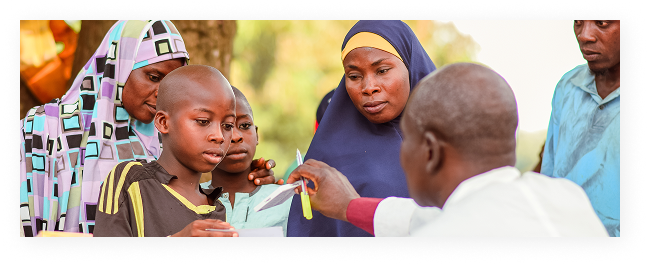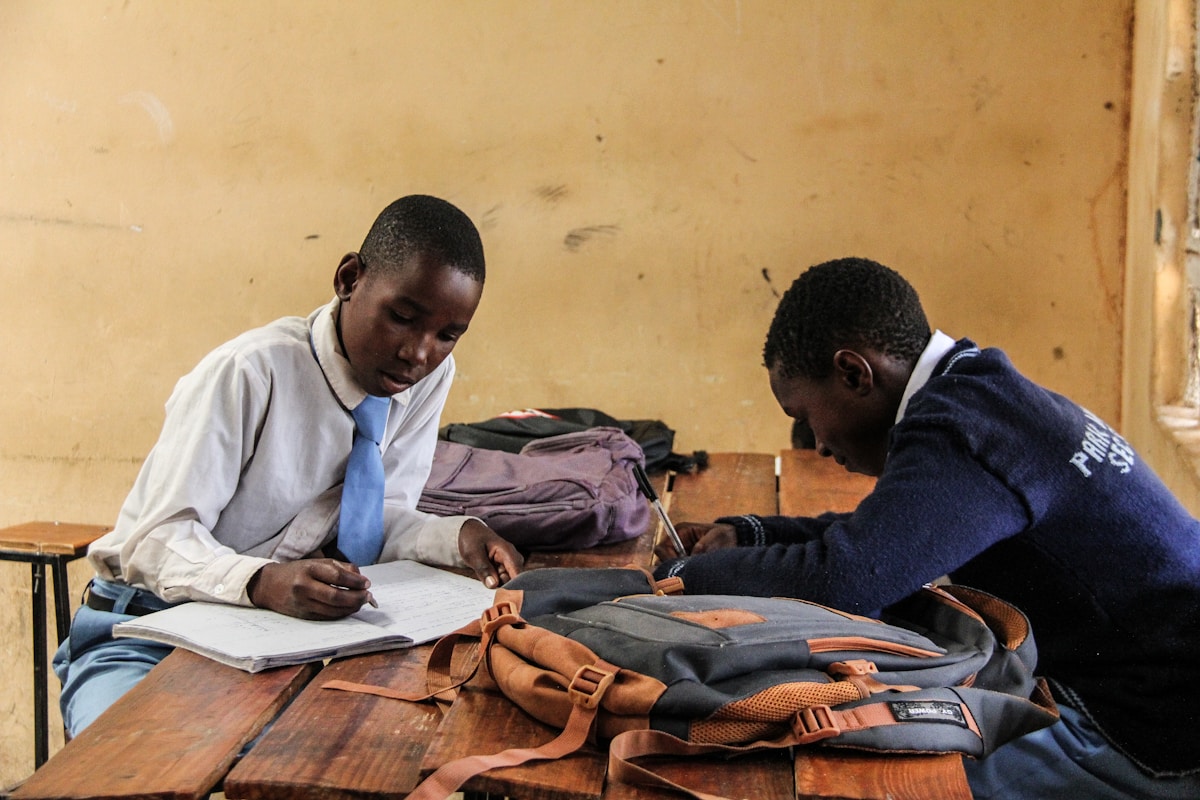













From the beginning, we have appreciated the value of partnerships. It is through joint efforts that we have improved the well-being and resilience of communities across Kenya. By working together with partner organisations, we have harnessed the strength of collective effort in and used it as a catalyst to drive our mission of investing in our local communities for improved quality of life..
To further amplify impact, we welcome partnerships that share our vision and commitment to creating lasting ripple effects.